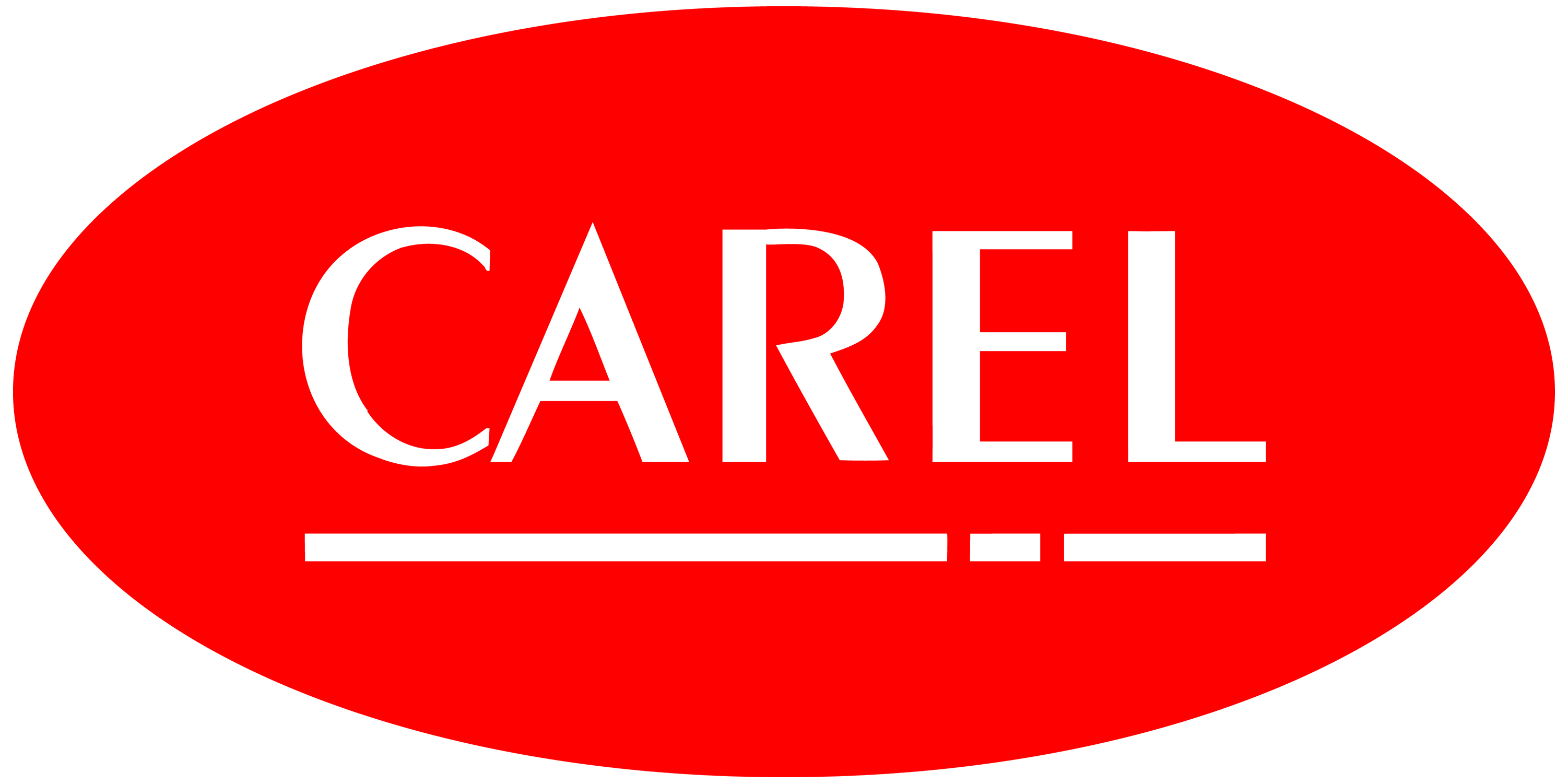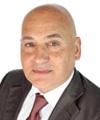« Back
Generation Z: vision and hopes (vs. the establishment’s)
Topics
Bloggers
|
Davide Di Dia
posts: 4
Date: 29/5/2025
|
|
Paolo Liberati
posts: 2
Date: 22/5/2025
|
|
Luca Milani
posts: 1
Date: 15/5/2025
|
|
Francesco De Rossi
posts: 1
Date: 8/5/2025
|
|
Luca Brotto
posts: 8
Date: 29/4/2025
|
|
Michael Tesfaye Solomon
posts: 1
Date: 24/4/2025
|
|
Giovanni Bonesso
posts: 2
Date: 17/4/2025
|
|
Claudia Grossi
posts: 3
Date: 10/4/2025
|
|
Miriam Solana Ciprés
posts: 58
Date: 3/4/2025
|
|
Veronica Merenda
posts: 2
Date: 27/3/2025
|
|
Raul Simonetti
posts: 38
Date: 20/3/2025
|
|
Andrea Mameli
posts: 1
Date: 13/3/2025
|
|
Viktor Vitell
posts: 1
Date: 6/3/2025
|
|
Matteo Galenda
posts: 9
Date: 20/2/2025
|
|
Giulio Dal Lin
posts: 3
Date: 13/2/2025
|
|
Enrico Boscaro
posts: 12
Date: 30/1/2025
|
|
Biagio Lamanna
posts: 26
Date: 23/1/2025
|
|
Franco Faletti
posts: 1
Date: 16/1/2025
|
|
Chiara Tonon
posts: 4
Date: 9/1/2025
|
|
Claudia Piva
posts: 2
Date: 5/12/2024
|
|
Michael Aarup
posts: 8
Date: 28/11/2024
|
|
Fabrizio Brancher
posts: 3
Date: 14/11/2024
|
|
Jacopo Bettio
posts: 2
Date: 7/11/2024
|
|
Martina Negrato
posts: 1
Date: 10/10/2024
|
|
Alessio Novi
posts: 1
Date: 3/10/2024
|
|
Luca Poldelmengo
posts: 4
Date: 26/9/2024
|
|
Sebastiano Di Lena
posts: 1
Date: 5/9/2024
|
|
Michela Lezuo
posts: 1
Date: 22/8/2024
|
|
Marco Cipriani
posts: 1
Date: 20/6/2024
|
|
Chiara De Checchi
posts: 3
Date: 6/6/2024
|

































